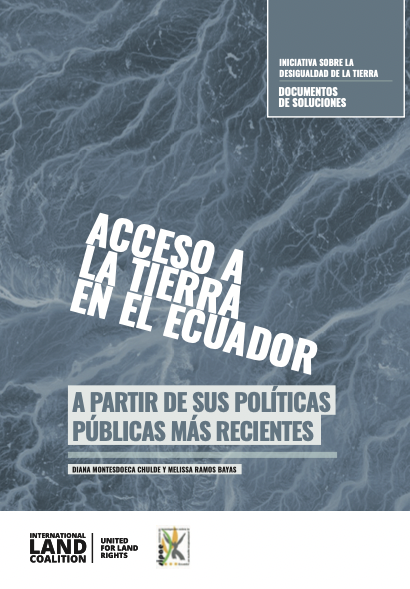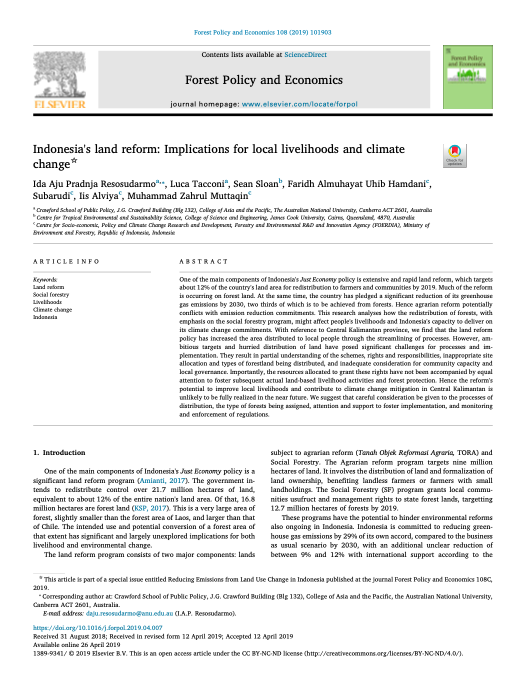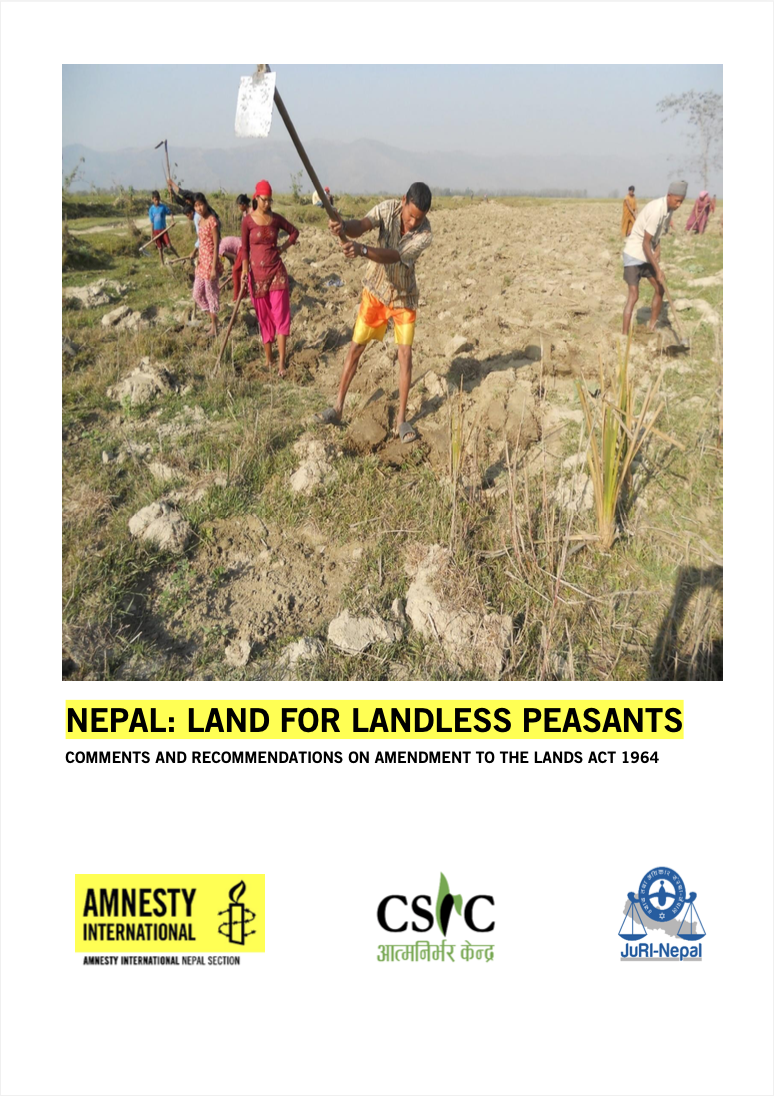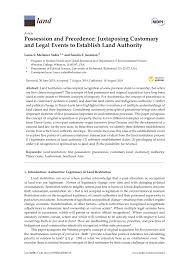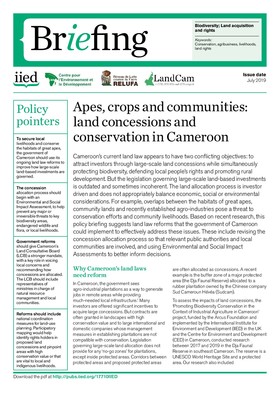Revisiting Land Distribution Policies Among Land-Based Sectors In Tanzania
context and backgroundDespite the robustness of various land instruments and legal and institutional regulations on various sectors, Tanzania’s land distribution-related policy implementation and practice is facing numerous challenges. Tanzania is not only experiencing poor land conditions, but also poor land management and ineffective policy implementation. Areas of concern includes public policy actions on land conflicts; settlements and housing problems; and conflicting demand for land for mining, large scale agriculture, conservation, tourism, ranching and pastoral nomadism.


